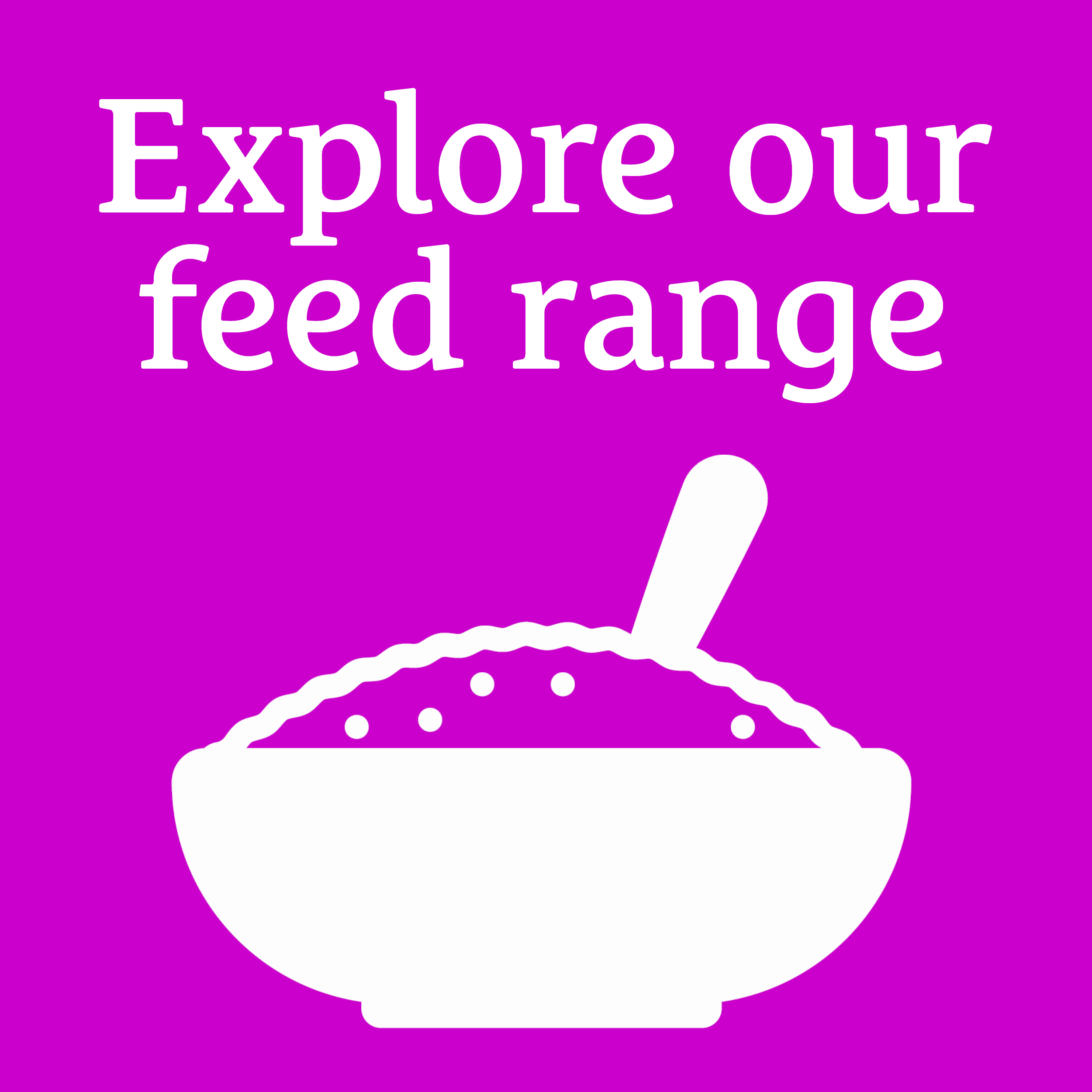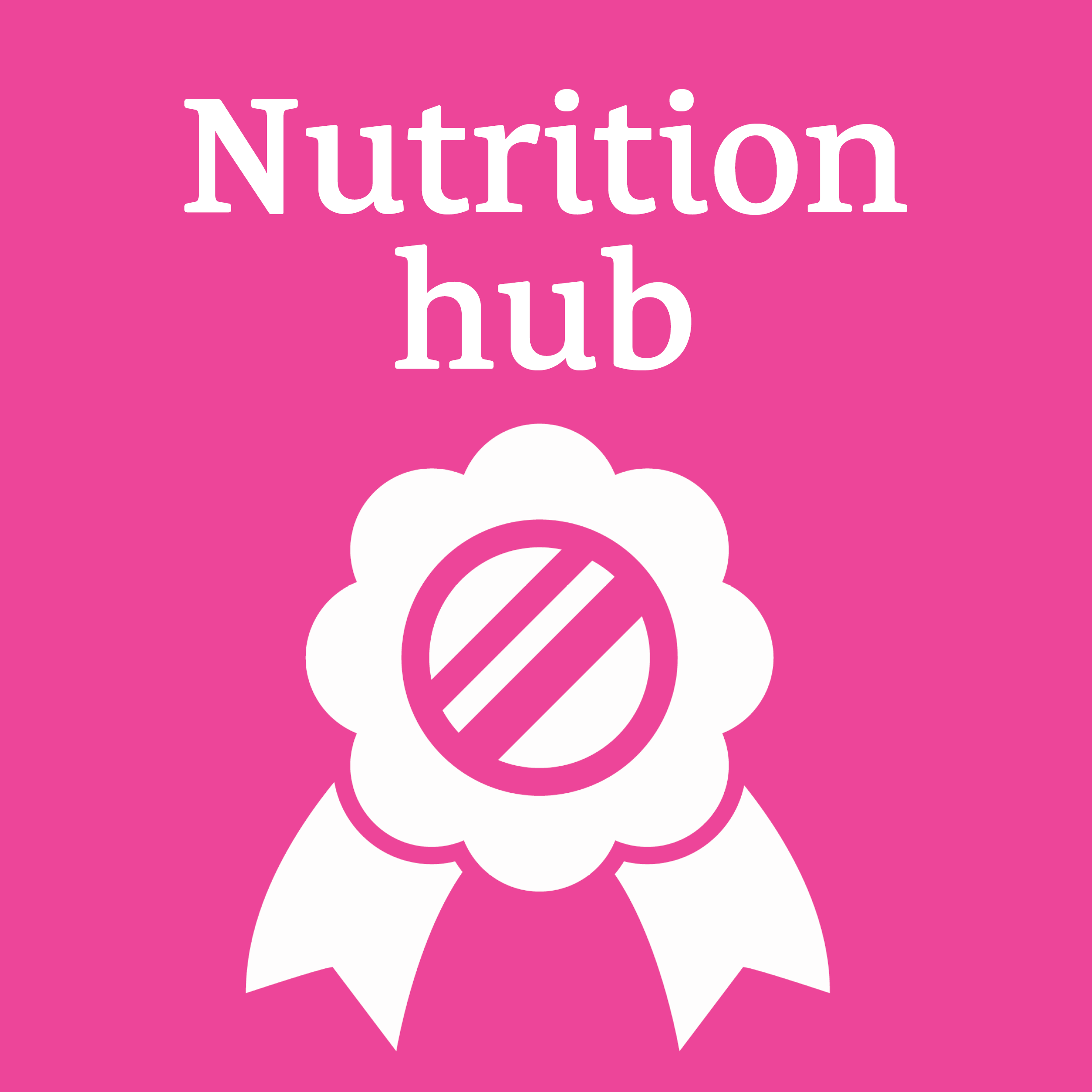Nutrition FAQs

Answers to your common questions
Here, we have put together answers to your most frequently asked questions. Some of the most common include, laminitis, weight management, how to manage excitability, feeding senior horses and how to feed your new horse. Also find out the truth about sugar and protein. Please use our categories belowor if you’re after something specific use our search bar below.
FAQs
-
How much oil can I add to my horse’s feed?
Oil can be added a rate of up to 100ml per 100kg bodyweight per day (up to 500ml) for horses that need to gain weight. Add any additional gradually (approximately 100mls per week) and ensure the diet provides an additional 100iu of vitamin E for every 100mls of oil fed – contact the Care-Line for more advice on this.
Which type of oil should I add to my horse’s feed to help him gain weight?
Soya, vegetable, rapeseed and corn oil all contain similar levels of energy (calories) and can be added directly to the horse’s feed. However ,simply adding oil over the top of the horse’s current feed may unbalance diet so you may wish to consider moving to a feed that already contains a higher level of oil and is suitably balanced with additional vitamin E. Contact the Care-Line for more advice on this.
Do I need to add salt to my horse/ pony’s feed and if so why?
When horses sweat they lose electrolytes, the main ones being sodium, potassium and chloride. For those sweating regularly, some of these losses should be replaced through the diet. However the level of electrolytes lost is directly proportionate to sweating and consequently, free access to an equine salt lick is sufficient for horses at rest or in light work. If your horse is sweating on a regular basis call the Care-Line for advice on feeding a specialist electrolyte supplement or adding salt to his feed.
Do I need to soak my horse/ pony’s feed?
All SPILLERS feeds can be fed dry although adding a small amount of water to mix/ dampen your horse’s feed if you prefer will not cause any harm. Alternatively, all SPILLERS cubes can be soaked in warm water to make a mash for horses and ponies with poor teeth. Some feeds such as those containing sugar beet do need to be soaked before feeding so always check the manufacturer’s feeding instructions.
Will feeding sugar beet help my horse to gain weight?
Although sugar beet is high in calories and provides an excellent source of highly digestible fibre, the increase in volume after soaking makes it easy to overestimate how much you are actually feeding. Consequently, sugar beet is often not fed in large enough quantities to contribute a significant level of calories to the diet. In fact, a scoop of low energy cubes (such as SPILLERS Horse and Pony Cubes) could be 5 times higher in calories than a scoop of soaked sugar beet!
How much can I safely feed in one meal?
Feed a maximum of 2kg per meal (dry weight) for horse horses over 400kg, less for ponies. Horses and ponies prone to certain clinical conditions may benefit from smaller meals; speak to a nutritionist for more advice on this.
How do I introduce a new feed safely?
All dietary changes should be made gradually, including changes in forage. As a general guide, replace 500g of old/ current feed for 500g of new feed every other day (less for ponies). However if your horse/ pony is prone to any clinical conditions such as colic, tying up or laminitis, always seek advice from a nutritionist before changing his feed. Ideally, new hay, haylage and pasture should always be introduced gradually too.
How do I ensure my horse/ pony’s diet is balanced?
The most suitable way of balancing your horse/ pony’s diet will depend on his condition. Balancers are the ideal option for those able to maintain weight on forage alone, whilst compound feeds will provide additional energy (calories) as well as vitamins, minerals and quality protein required for a balanced diet provided they are fed at the recommend ration.
How can I give my horse/ pony more energy without causing weight gain?
Unfortunately calories and energy are exactly the same thing which means it is impossible to feed more of one without the other. If your horse is already in good or overweight condition, any lack of energy under saddle is not caused a lack on in the diet, so avoid the temptation to increase his feed. Where necessary, slimming your horse down a healthy body condition score and improving his fitness may also help to improve his natural energy levels.



